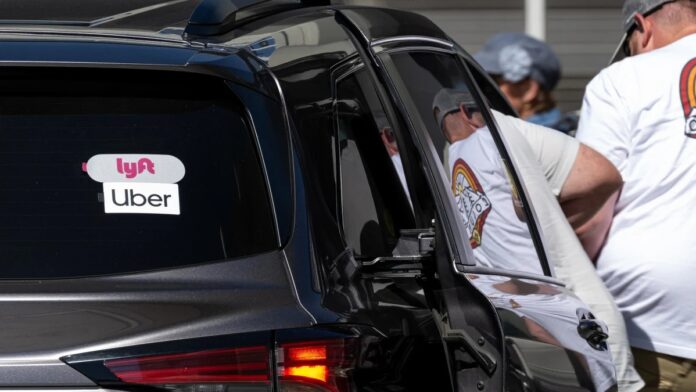Ride-sharing companies Uber and Lyft are facing lawsuits filed by male drivers who allege gender discrimination due to recent policies allowing riders to specifically request female or non-male drivers. The plaintiffs claim these features have reduced their ride opportunities and earnings.
Gender-Based Preferences Spark Legal Challenge
In July, Uber announced a gender-preference option enabling female riders to select only female or non-male drivers. Lyft already had a similar feature, “Women+ Connect,” since 2023. The lawsuits, filed on behalf of four drivers, seek $4,000 in damages per driver to compensate for lost revenue.
The core argument is that these policies violate California’s Unruh Act, a civil rights law prohibiting sex discrimination by businesses. The plaintiffs suggest that a class-action suit could include hundreds of thousands of male drivers.
Safety Concerns and Prior Lawsuits
These lawsuits come after years of criticism toward Uber and Lyft for failing to protect women riders from sexual misconduct. A New York Times investigation revealed over 400,000 safety incidents reported between 2017 and 2022. The companies stopped disclosing these figures, but records suggest the problem has worsened.
Women riders have voiced fears about safety during rides, and female drivers have accused the companies of sexist workplace policies. The gender-preference features were introduced as a response to these safety concerns, aiming to provide women riders with more control over their rides.
Conservative Backlash and Civil Rights Claims
Conservative organizations, including the Heritage Foundation, have denounced the gender-preference policies as violations of the 1964 Civil Rights Act. They argue that prioritizing riders’ preferences based on driver gender constitutes discrimination against men.
The lawsuits hinge on the interpretation of California’s Unruh Act, which prohibits discrimination in business operations. The plaintiffs claim that the gender-preference features create an unfair disadvantage for male drivers, reducing their opportunities and earnings.
Context and Implications
The legal challenge highlights a growing tension between safety concerns and equality in the ride-sharing industry. Companies face pressure to protect vulnerable riders while avoiding discriminatory practices. The outcome of these lawsuits could set a precedent for future policies and legal challenges in the gig economy.
These cases raise questions about the balance between rider safety and equal opportunity for drivers. The debate underscores the need for clear guidelines and legal frameworks governing gender-based preferences in business operations.
Ultimately, the lawsuits reflect broader societal debates about gender equality, safety, and discrimination in the modern workplace. The courts will determine whether Uber and Lyft’s policies violate legal standards or represent legitimate responses to safety concerns






























































